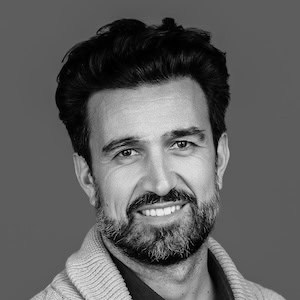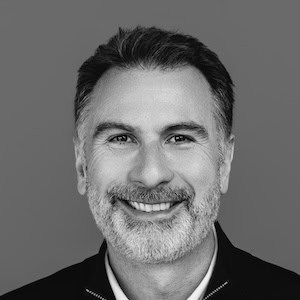-
Digital Isn’t Always the Answer: Building Choice into Financial Inclusion Solutions for Smallholder Farmers
Smallholder farmers often live in remote villages, located hours away from towns and cities where they might be able to access consistent mobile networks, bank accounts or other formal financial access points. So while many farmers are curious about the idea of receiving the payment for their cash crops in digital formats, the options for them to use that digital currency are limited. Instead of pushing technology for technology’s sake, financial inclusion projects ought to seek diverse solutions that are appropriate and accessible for customers based on their needs.
- Categories
- Agriculture
-
There is Such a Thing as Too Much, Too Fast: Avoiding ‘Mismatched Expectations’ in Off-Grid Energy Investing
A recent post by impact investing firm Ceniarth on the "Energy Access Hype Cycle" has generated considerable discussion, prompting critical responses from fellow impact investors Persistent Energy Capital and the off-grid lighting trade organization GOGLA. With this post, writers at the IFC join the discussion, analyzing the effect of rapid growth rates, high levels of consumer financing and operational efficiency on the liquidity of solar home system providers.
- Categories
- Energy, Investing, Technology
-
In Impact Investing’s Rush to the Mainstream, Who Are We Leaving Behind?
After a long march toward mainstream acceptance, many in impact investing are claiming victory. But a new report by Oxfam and Sumerian Partners argues that the sector should focus on the needs of the businesses working to reduce poverty rather than on the investors who stand to benefit from their work. In other words, it's time to stop pretending that investors seeking a pure market return can tackle the most complex global challenges in high-risk markets.
- Categories
- Investing
-
An Impact Investor Urges Caution on the ‘Energy Access Hype Cycle’
Ceniarth, an impact investor, has been actively engaged in the energy access sector since 2014. But now it's reducing its exposure to the venture-backed, solar home system segment of this market while shifting its strategy toward enterprises – for-profit, nonprofit and hybrid – that are finding the most capital-efficient ways to reach rural customers. Here, three principals in the firm candidly explain why they are reassessing their approach.
- Categories
- Energy, Environment, Investing
-
Why the Crusade Against Cash Isn’t Clearly ‘Pro-Poor’ – UPDATED
Many assume that getting rid of cash in the name of financial inclusion would unequivocally be a good thing for the poor. Phil Mader says it's too early to say – and that cash might have insufficiently recognized advantages, including being free to use, anonymous and under public stewardship. And besides, he argues, if the mission is poverty alleviation, it’s not money’s physical form, but how it's distributed, that matters.
- Categories
- Technology
-
Yes, Microcredit Requires Subsidies … and That’s Great News
Recent research should finally put to rest the assertions that affordable microcredit aimed at poor households does not require subsidy: Serving poor customers well is always going to be expensive. On the plus side, the subsidies are quite small and, according to Timothy Ogden, those who perceive this as anything other than great news bought into the inflated expectations around microcredit.
- Categories
- Uncategorized
-
New Products, New Markets – New Risks? Microfinance Shifts its Gaze to Housing
$2.3 trillion: That's what low-income households are predicted to spend on urban housing by 2025. So it's no surprise that many microfinance providers view housing lending as their next big opportunity for both profit and social impact. But this new focus brings plenty of challenges – and more than a few risks. We explore the implications of this development – a key topic of discussion at the recent European Microfinance Week.
- Categories
- Investing, Social Enterprise
-
Supplemental Safety Net: An Innovative Model Paves the Way for Inclusive Insurance in China
Hundreds of millions of people in China still remain outside the formal financial system, and insurance is one of their biggest unmet needs. Yet the country's insurance industry tends to focus on more affluent customers, and its public safety net isn't adequate for lower-income people's needs. YiBao, an insurance research, development and marketing consultancy, takes an innovative (and award-winning) approach to making the commercial insurance market work for the country’s low- and moderate-income households.
- Categories
- Health Care










